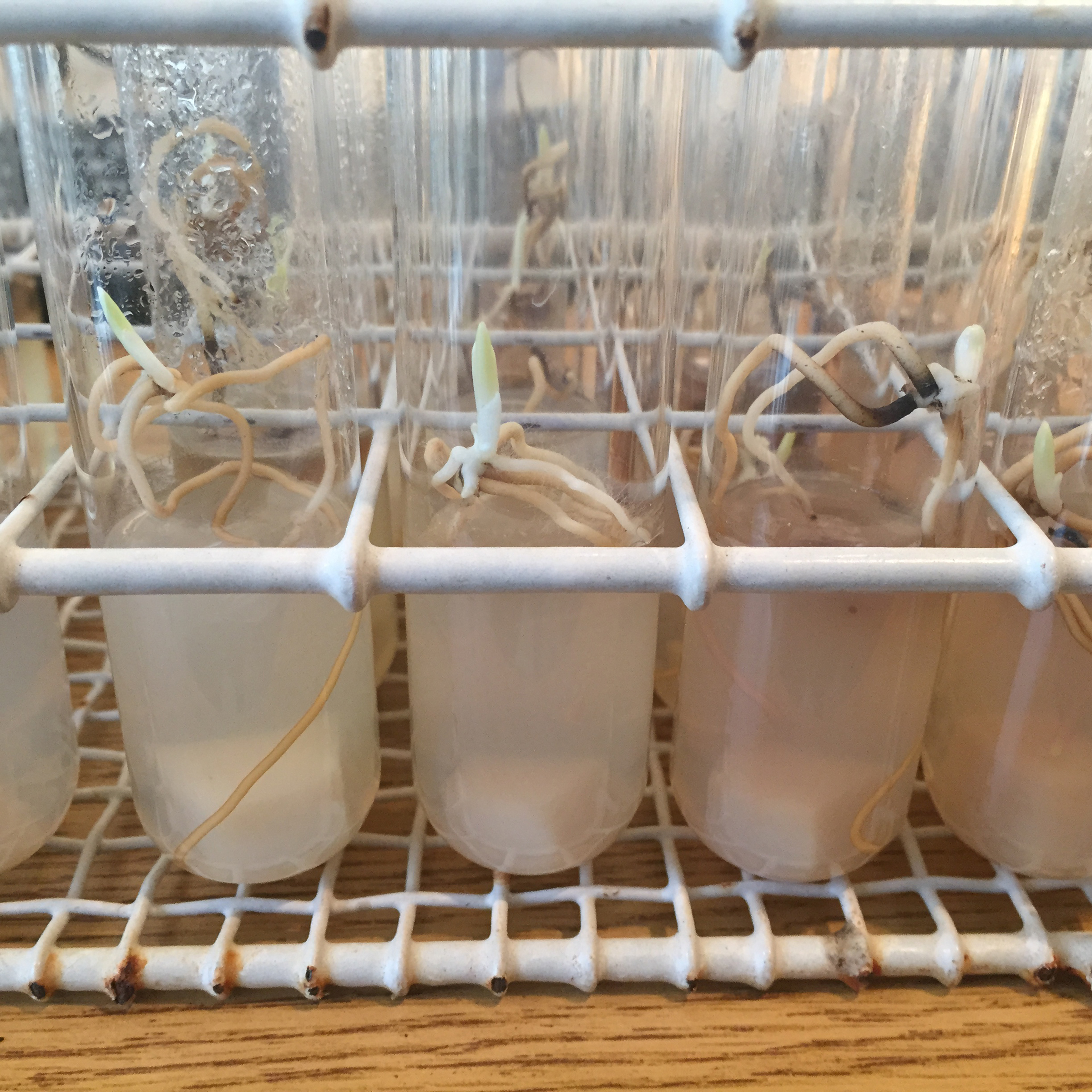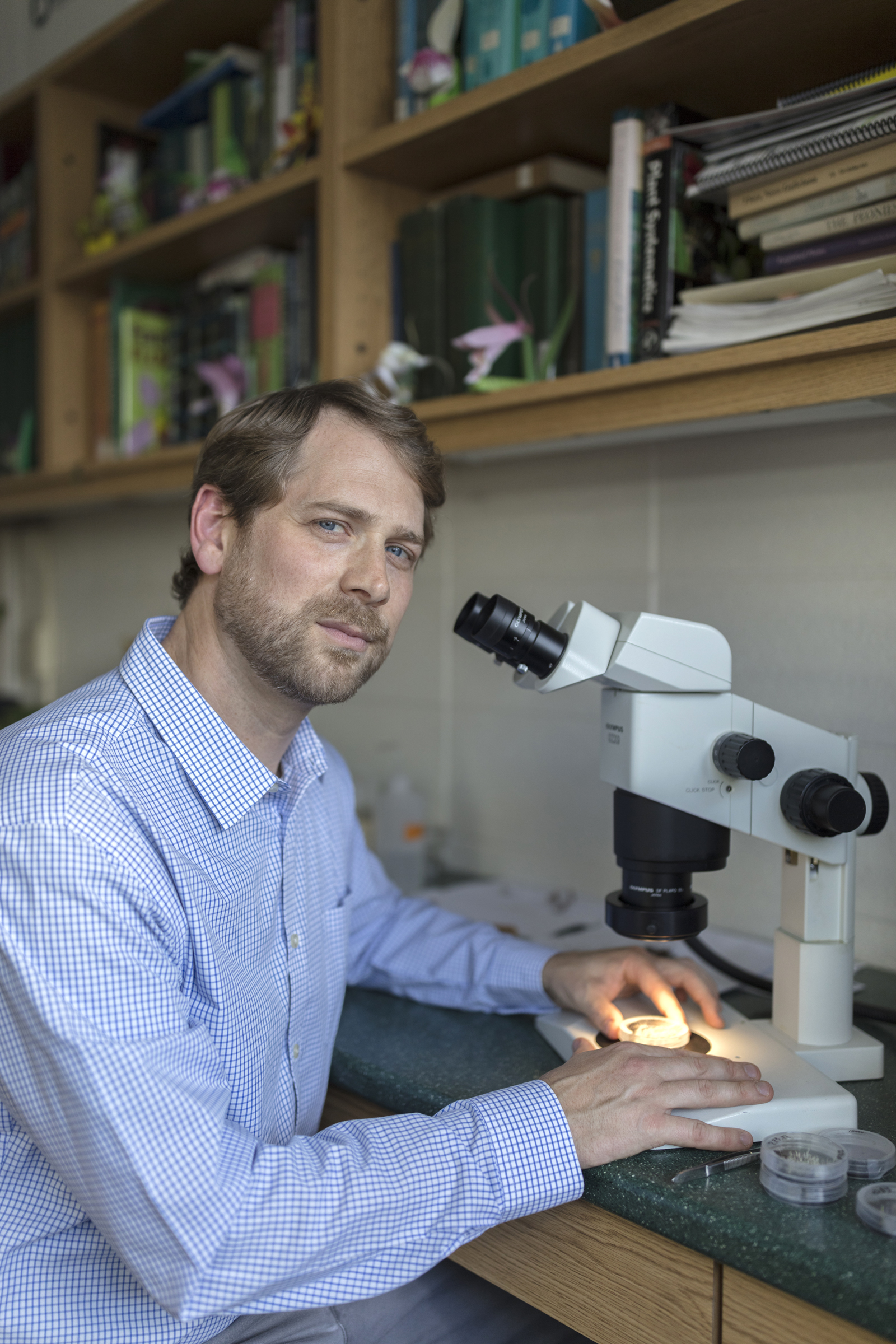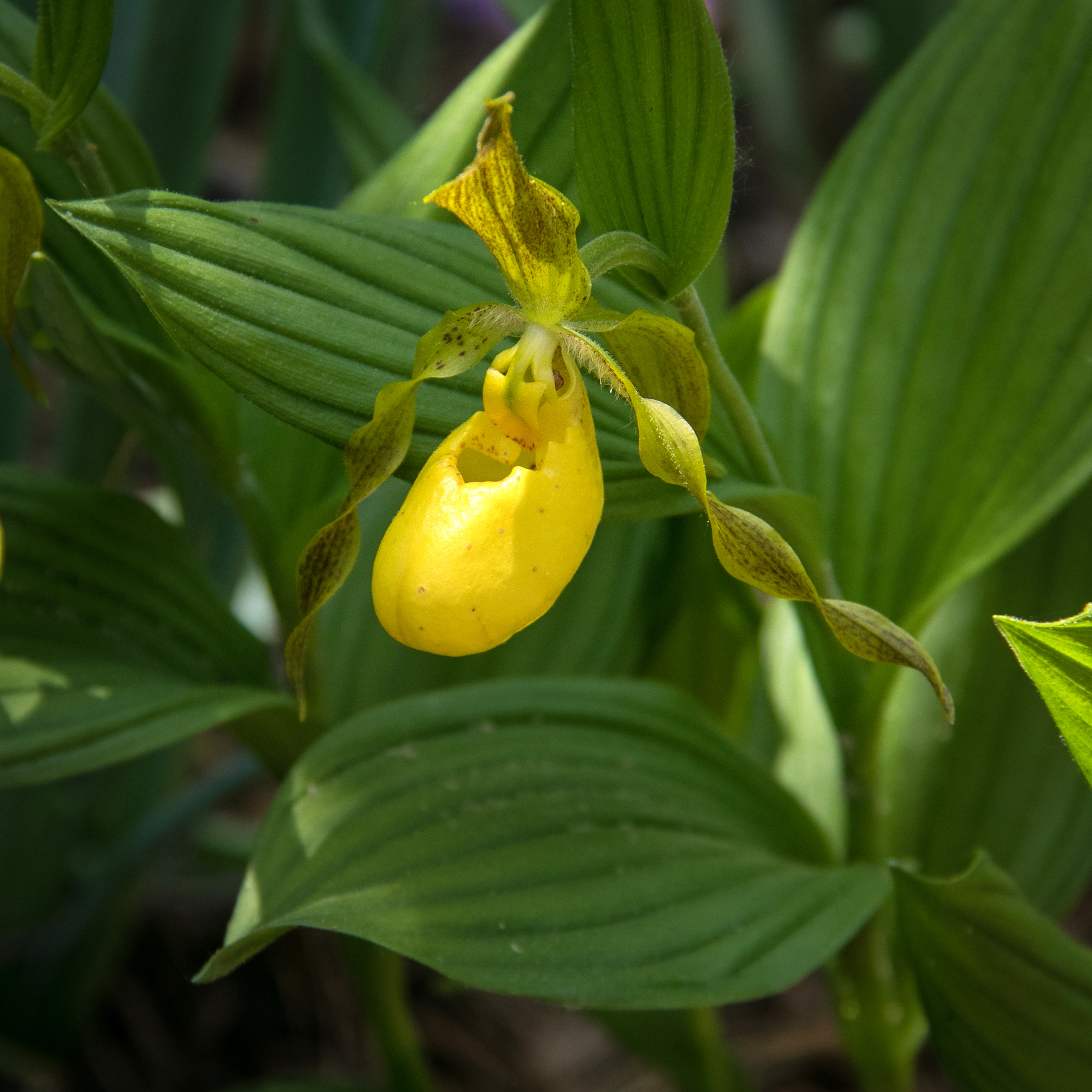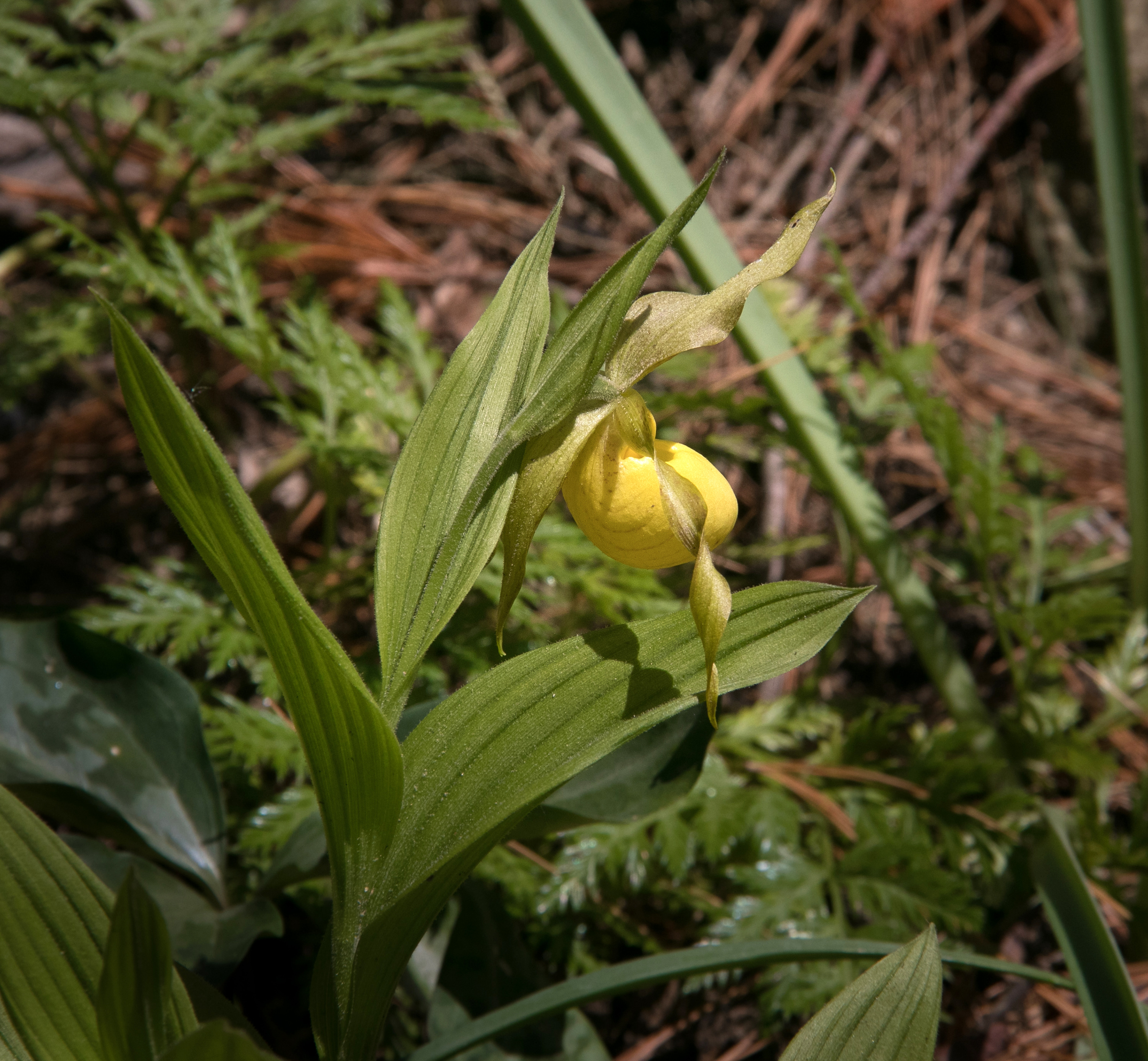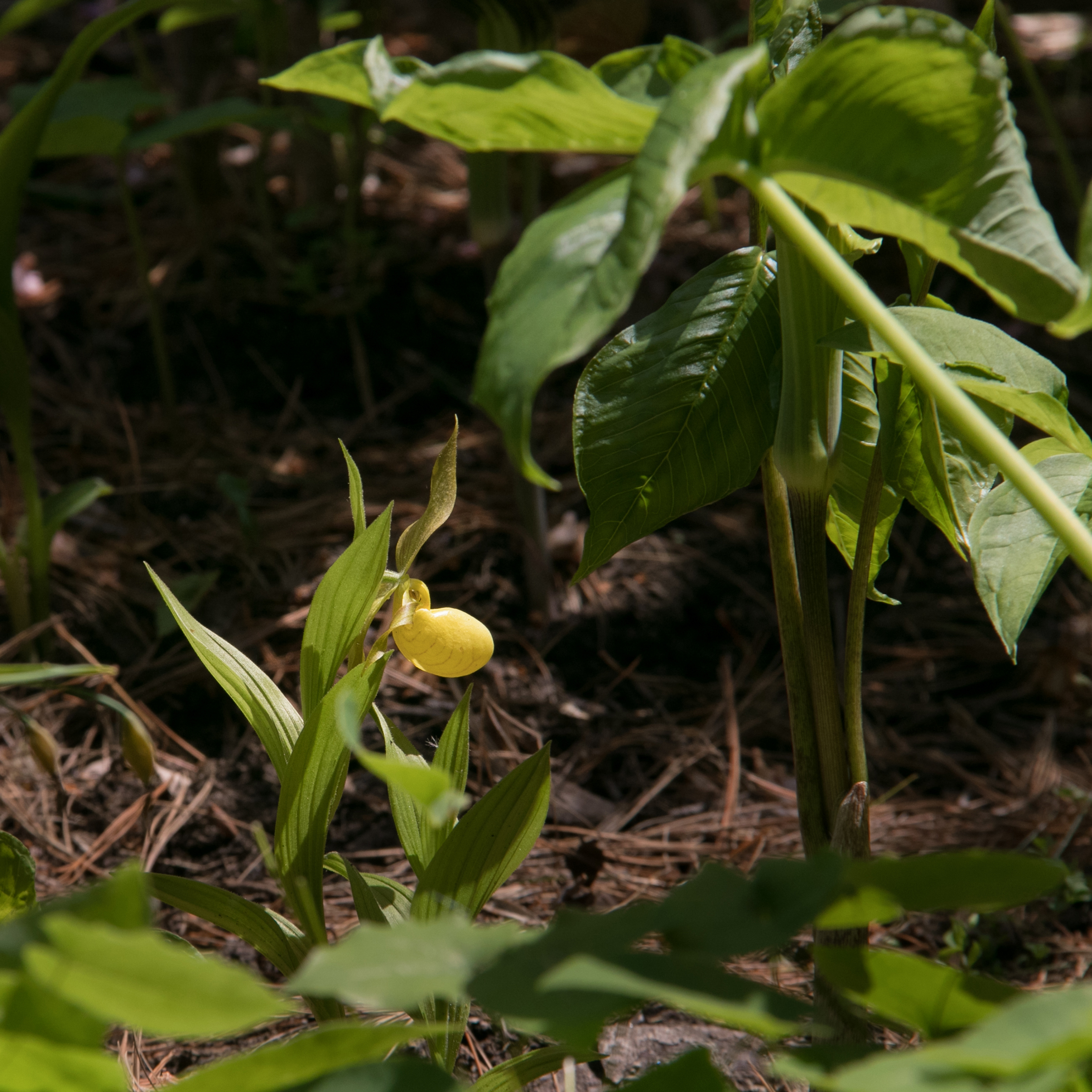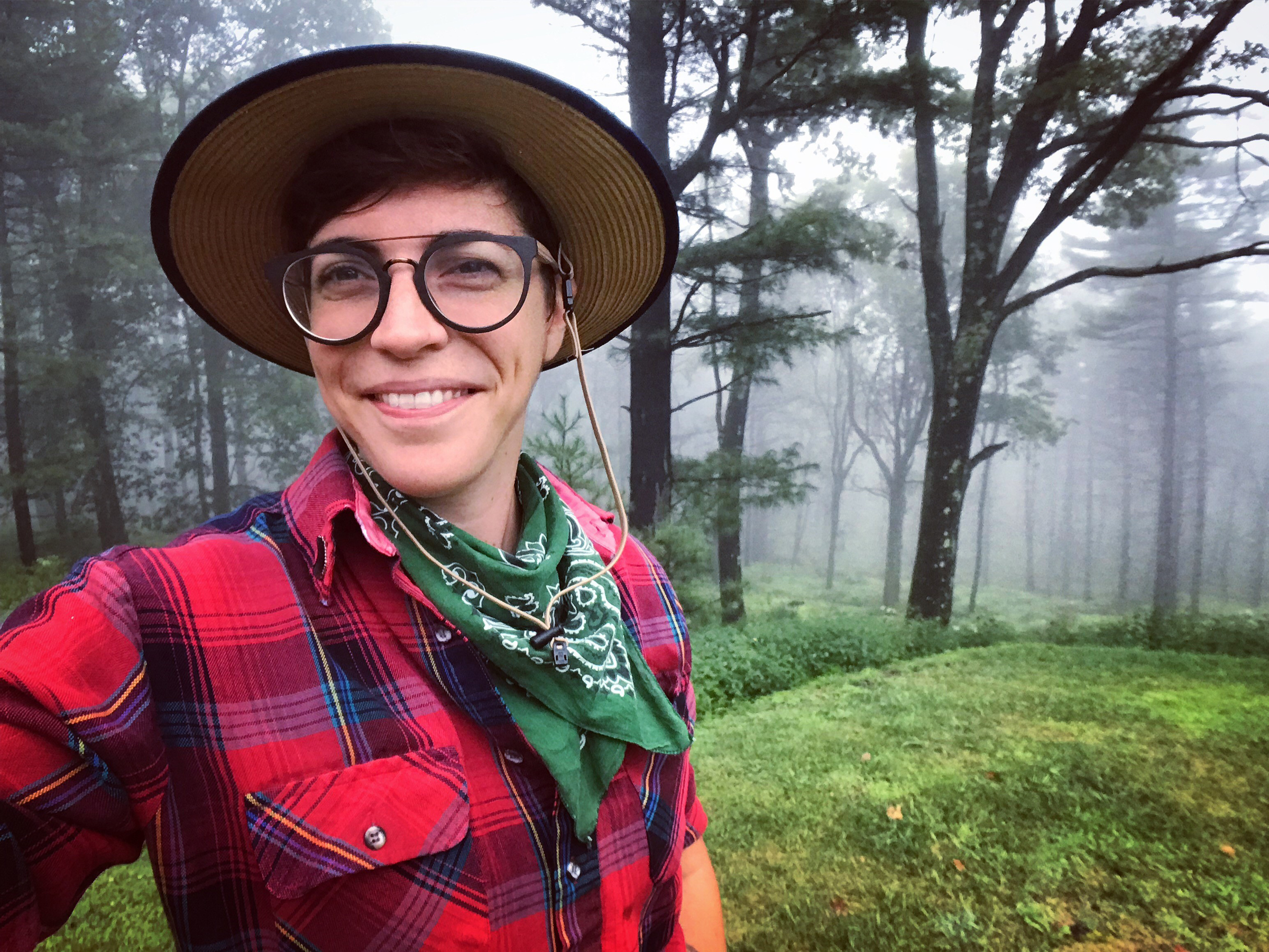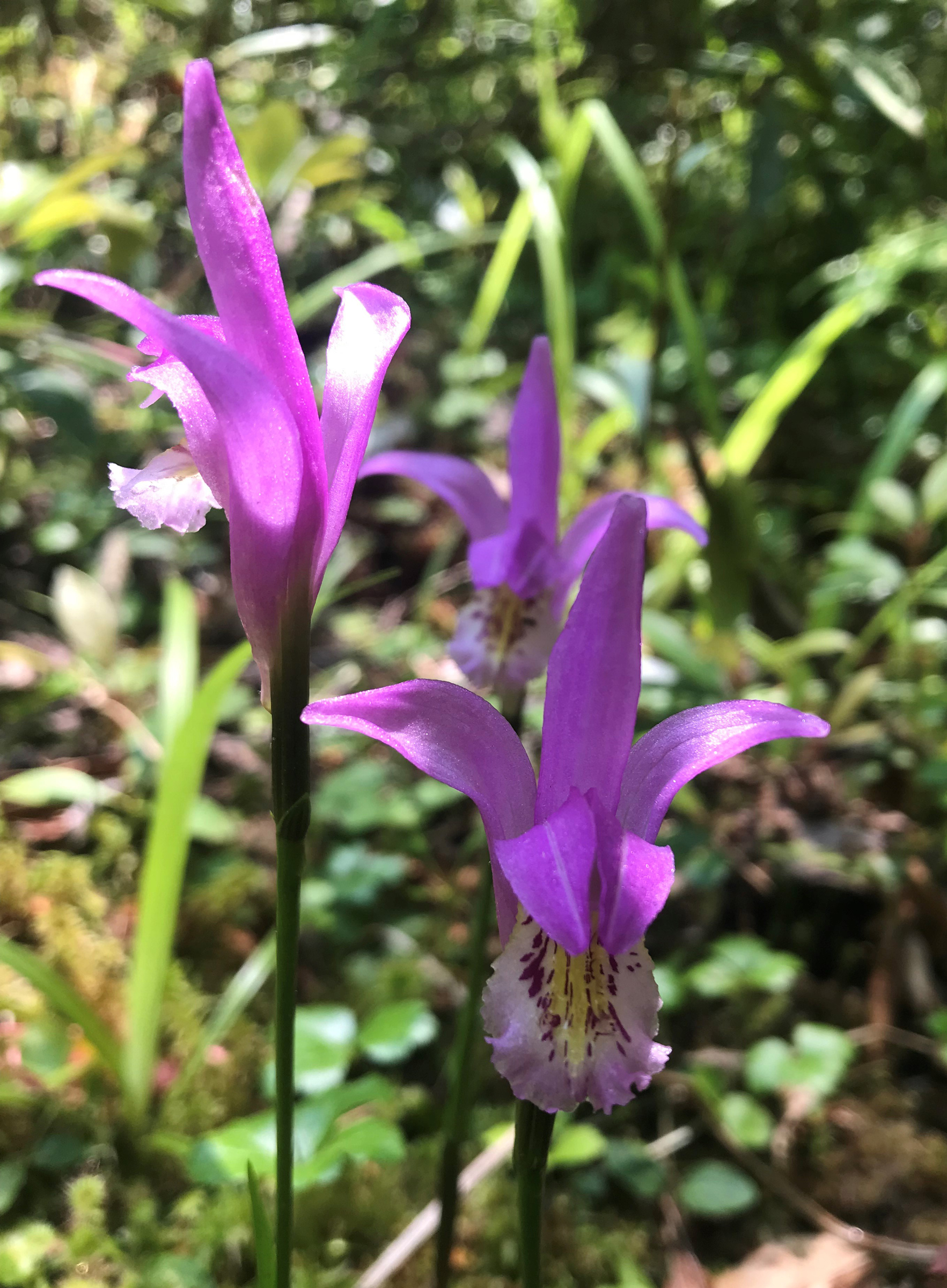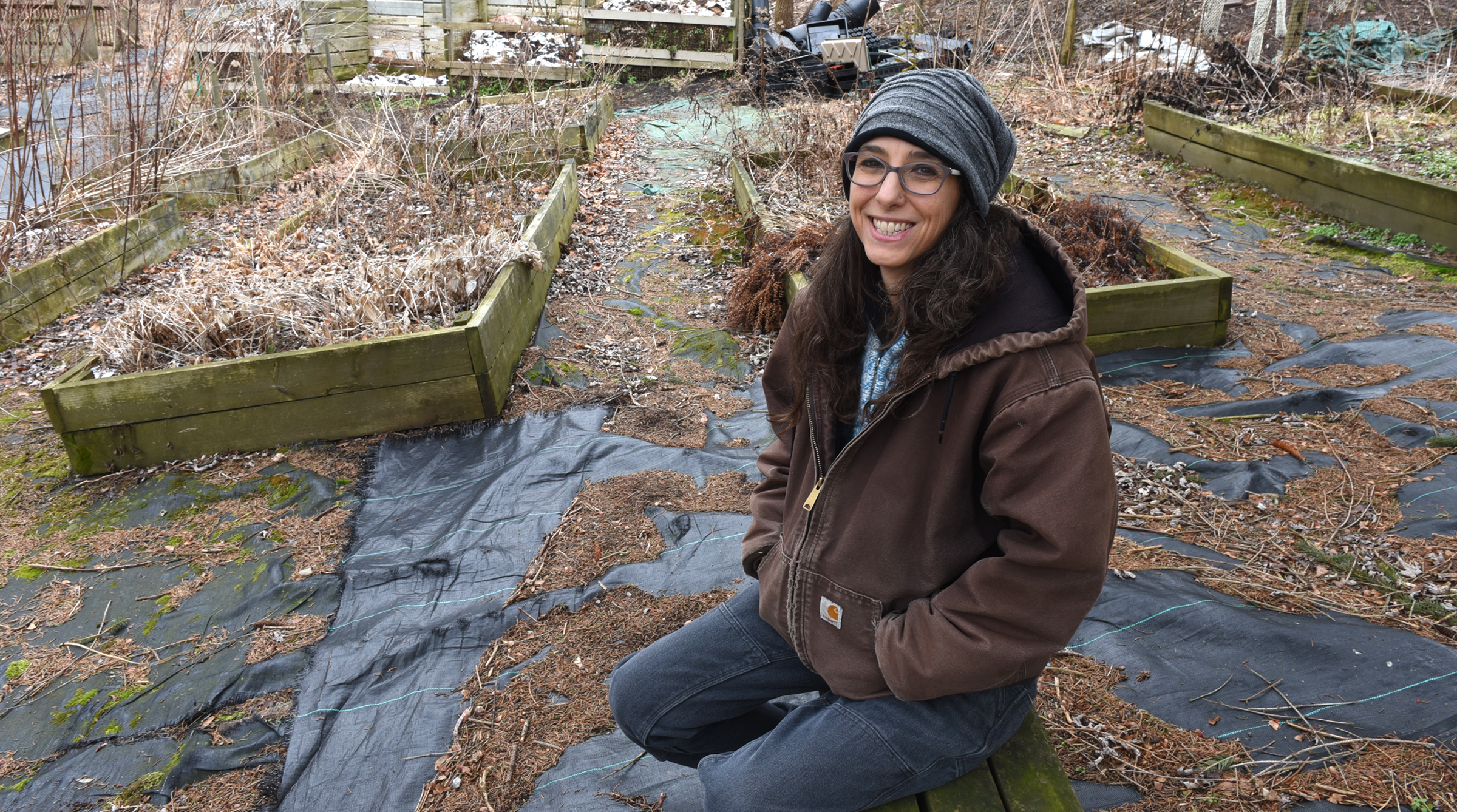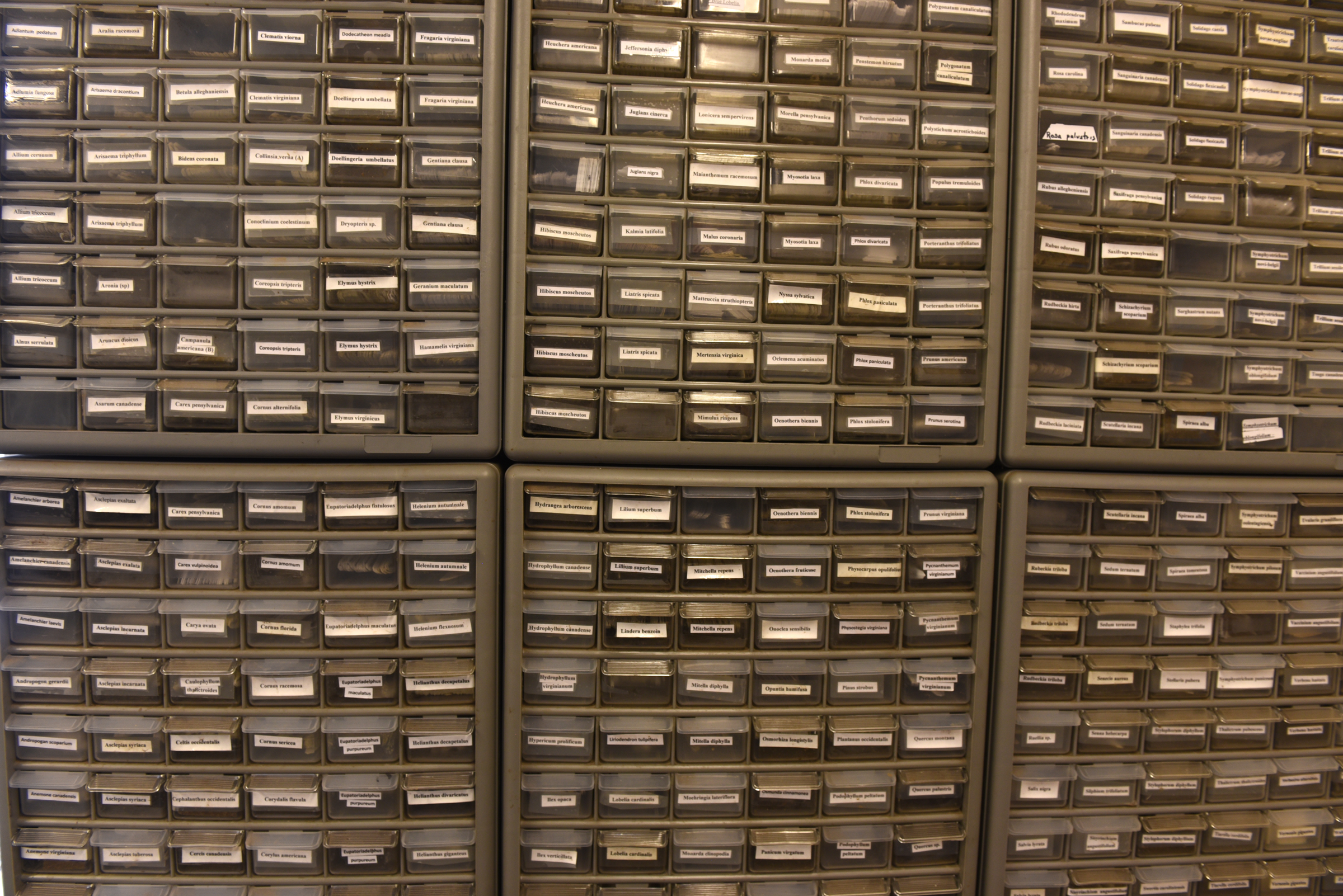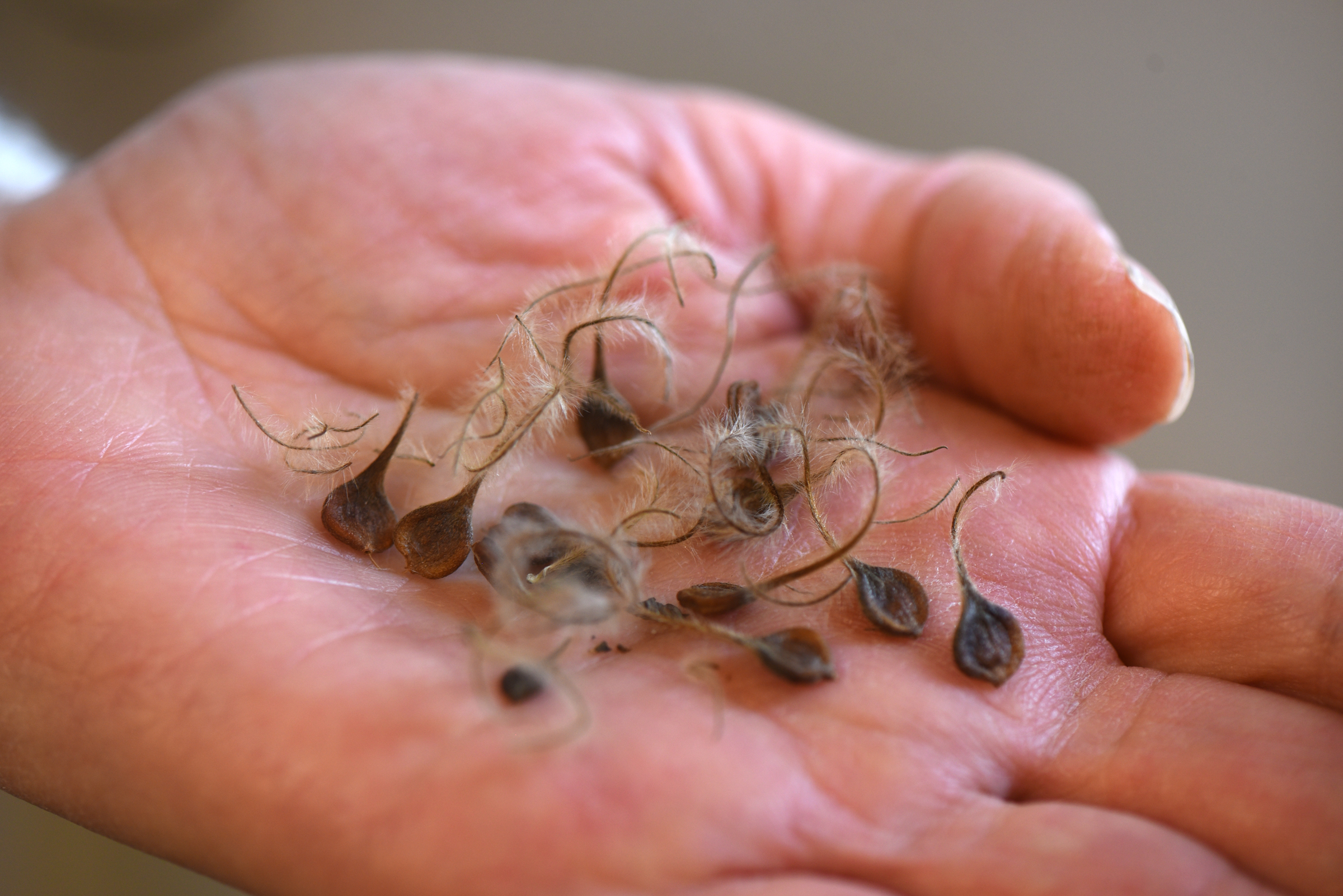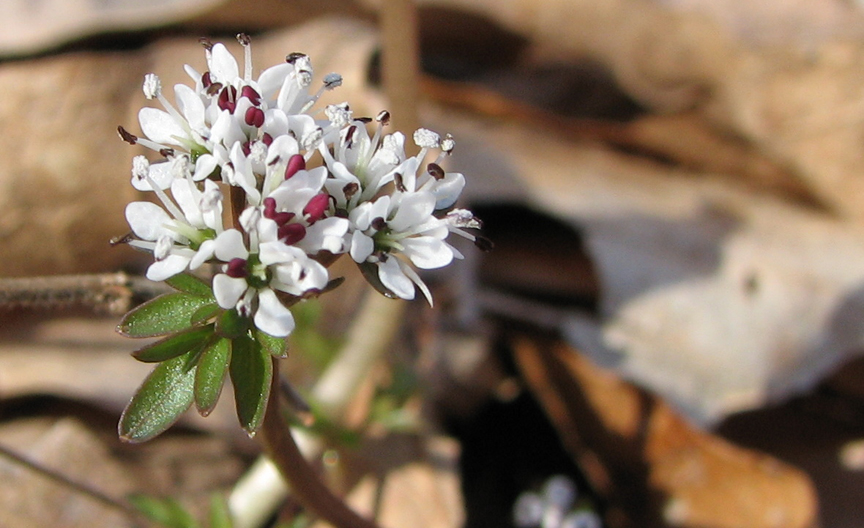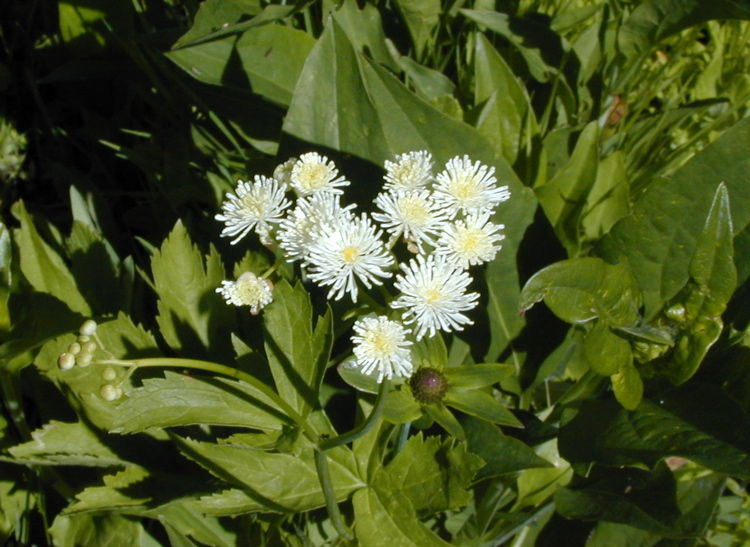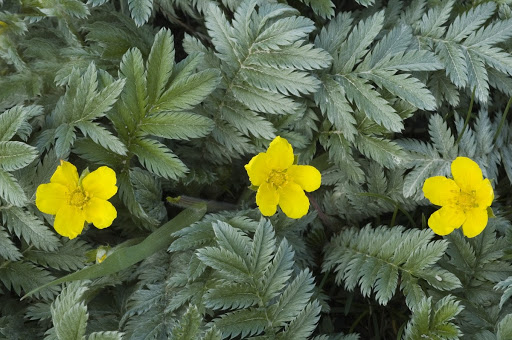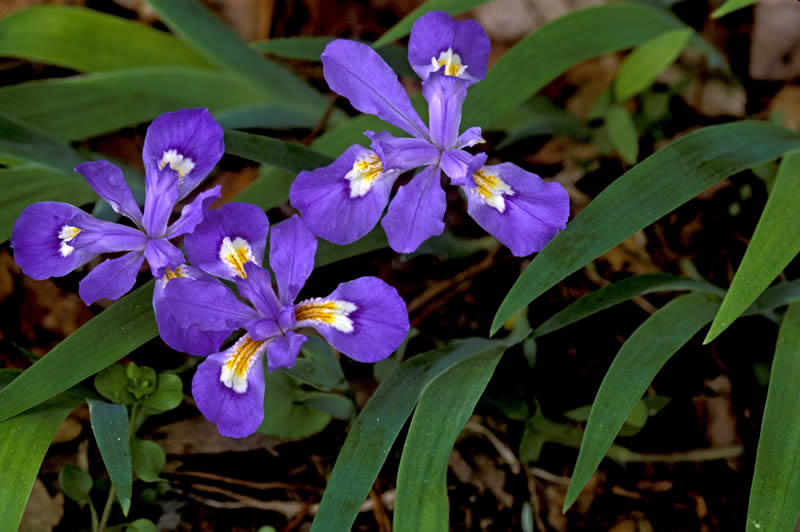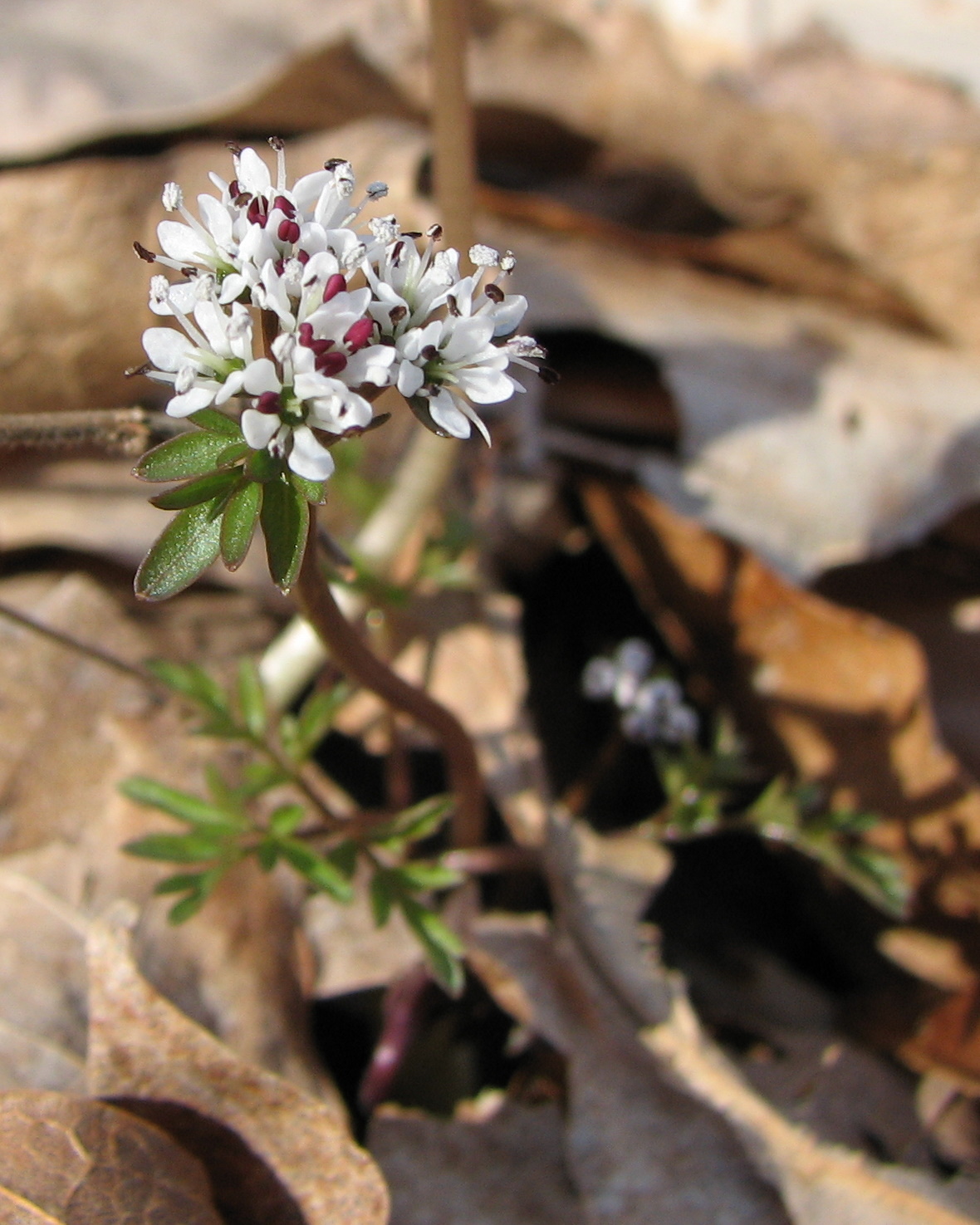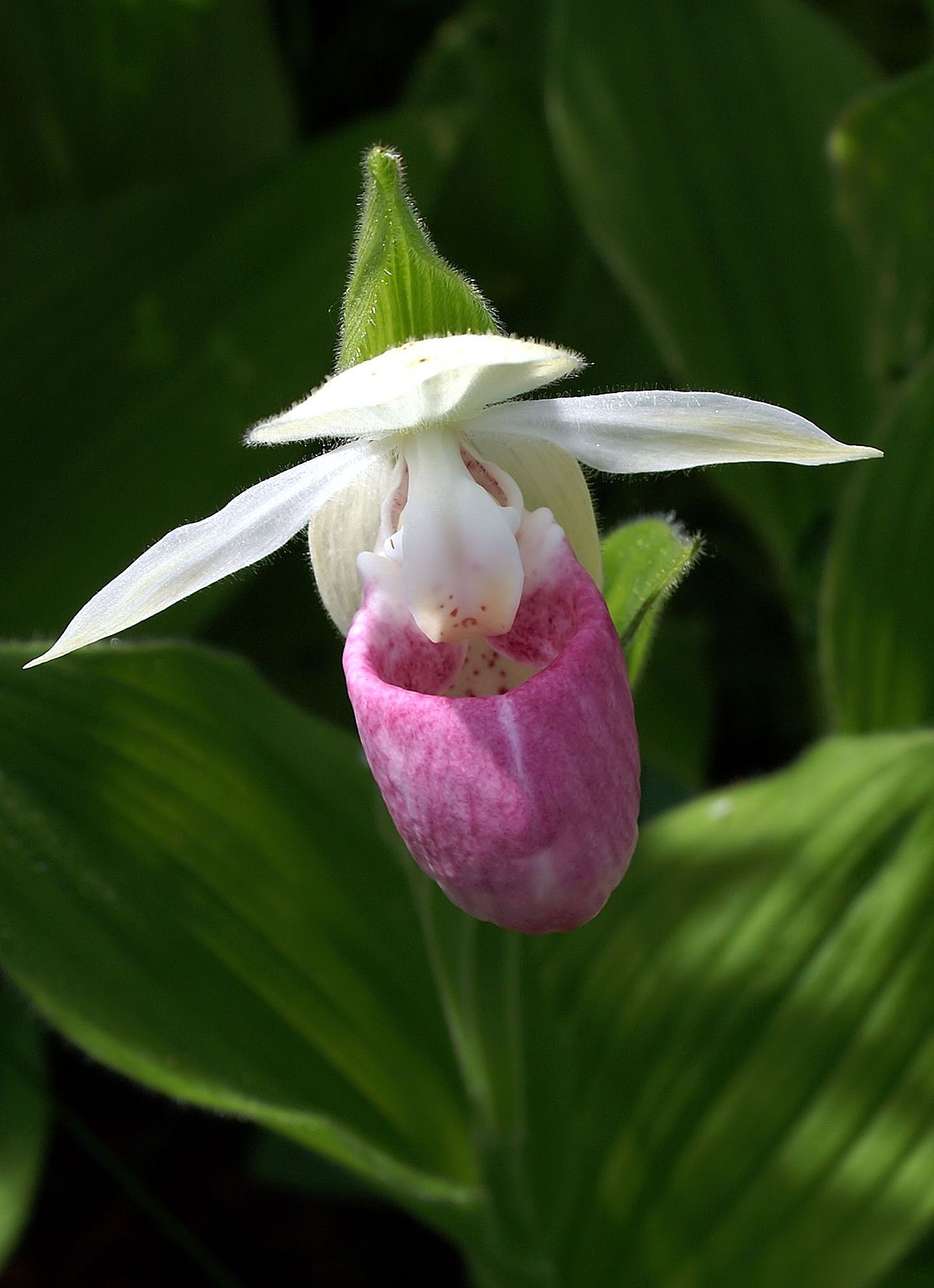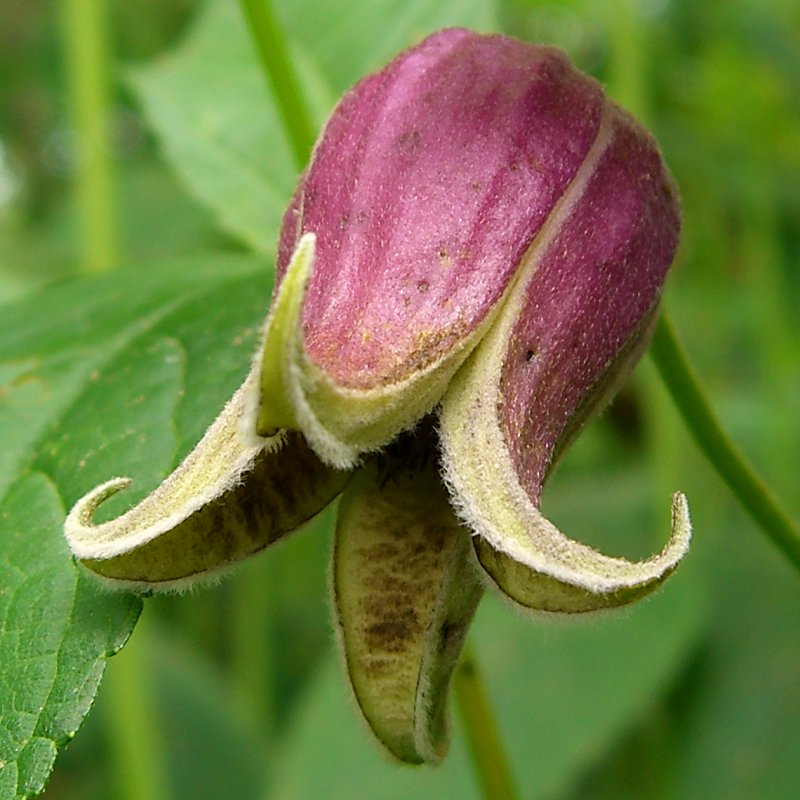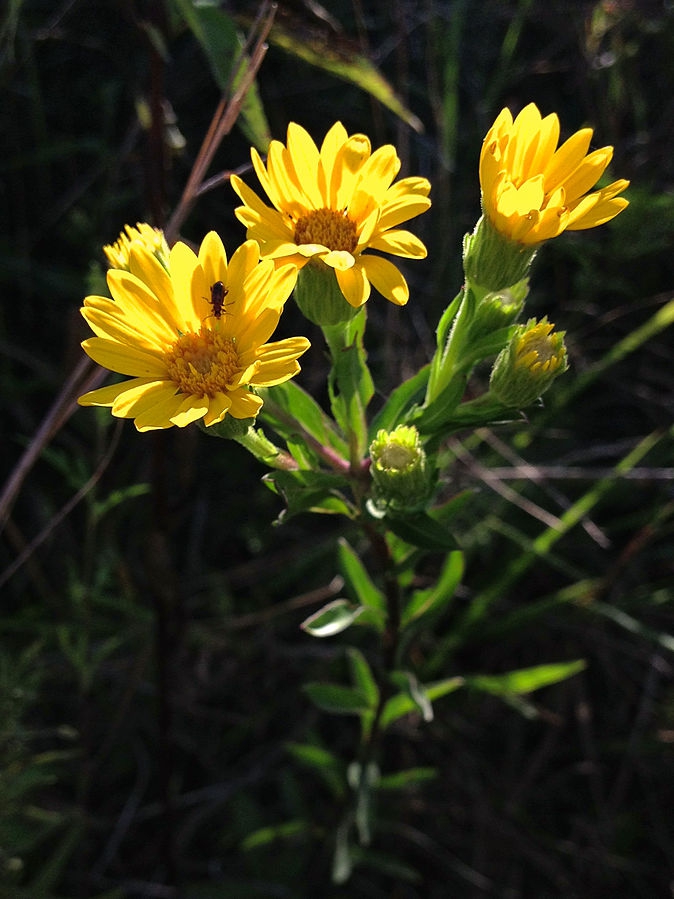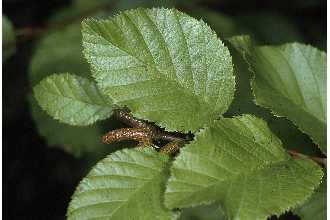Endangered plants helped by experts and volunteers
Posted on: February 19, 2020 | Written By: Doug Oster |
Roxanne Swan methodically searches hundreds of drawers filled with seeds of native plants. Each small drawer is labeled with the Latin name of the seeds stored inside. She’s in a small room, adjacent to a greenhouse in the Audubon Center for Native Plants at Beechwood Farms in Fox Chapel, Pa., where she works as the coordinator of the center, environmental botanist and horticulturist.
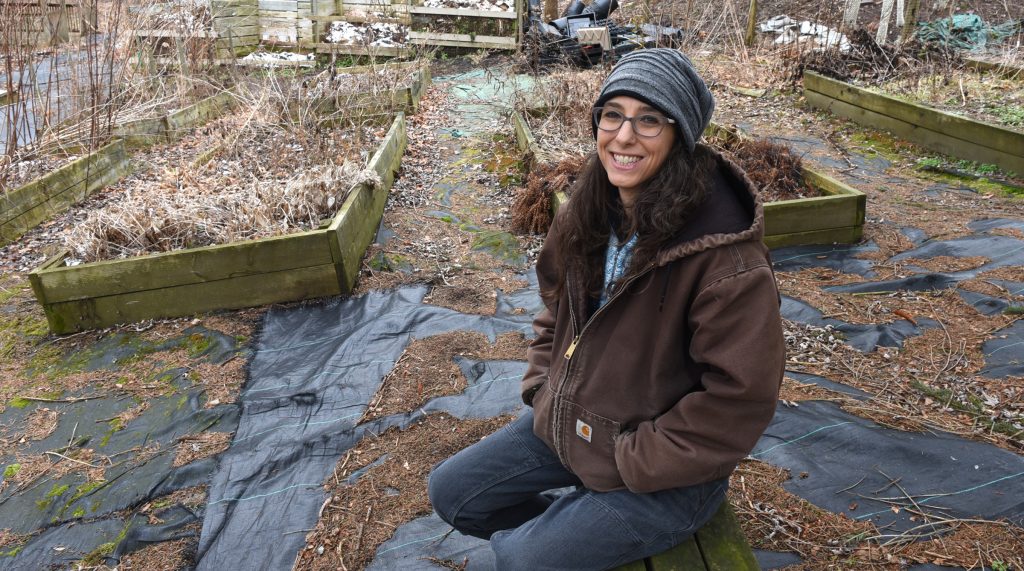
Roxanne Swan is coordinator of the Audubon Center for Native Plants at Beechwood Farms along with being an environmental botanist and horticulturist.
Some of these cultivars are fading away in the wild.
“I think it all stems from habitat loss,” she says of struggling native cultivars.
There’s a long list of endangered, threatened and rare plants, and one of her jobs is to educate the public on the beauty and toughness of natives. She starts many of the plants, which are sold here throughout the gardening season, from seed. They are then grown in neatly tended beds around the center.
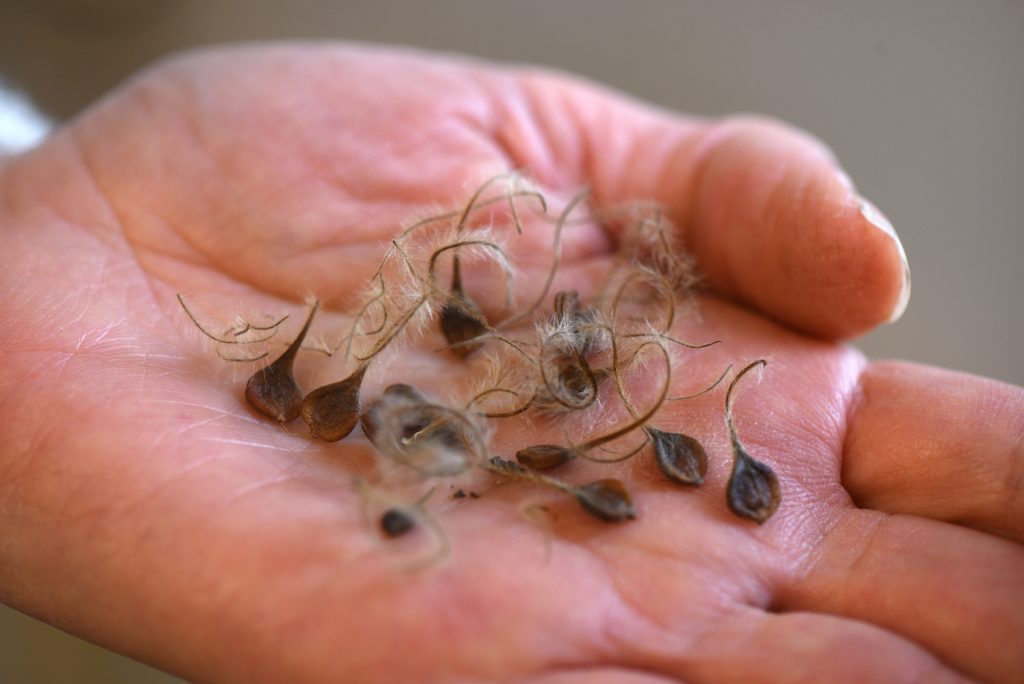
Roxanne Swan hold seeds of Clematis viorna, a vining native plant with purple, bell shaped flowers. Swan is coordinator of the Audubon Center for Native Plants at Beechwood Farms along with being an environmental botanist and horticulturist.
Native education
She hopes for better laws for conservation but also knows it’s important to teach people what these plants have to offer.
“We need to get out there to see the beauty that we have,” she says smiling, “then we’re going to want to conserve it. Visiting your local nature reserve, going on a wildflower hike, seeing the amazing diversity of western Pennsylvania.”
In one of the drawers, she finds the seeds of Tassel Rue (Trautvetteria caroliniensis), a plant that could use some help from the public. The shade lover has small white flowers that native pollinators happily visit.
Saving natives
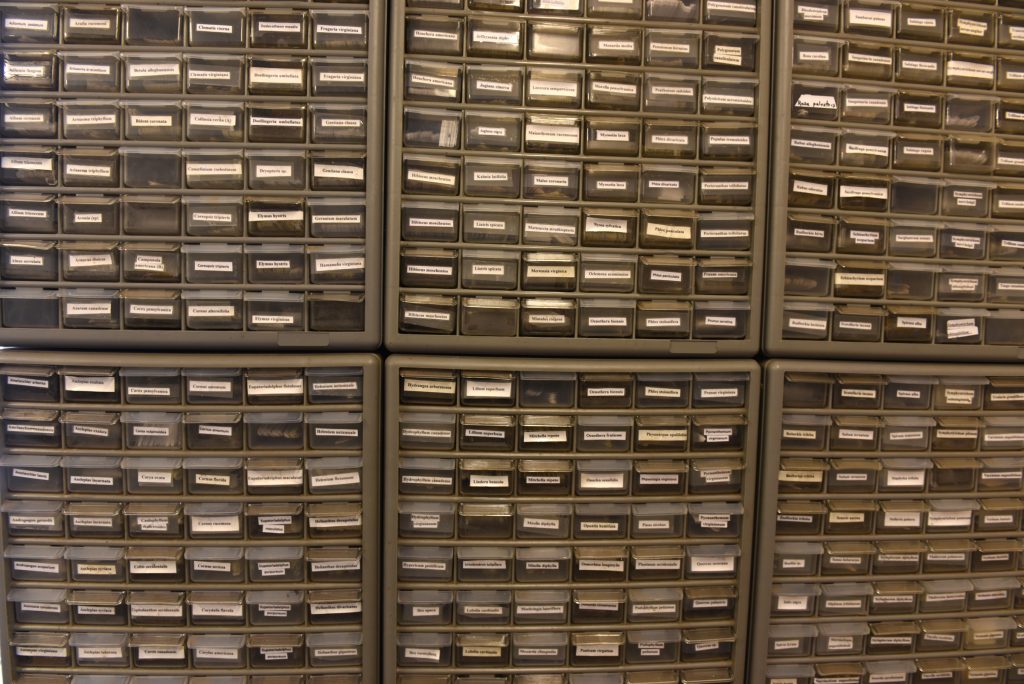
There are lots of seeds for native plants in a cabinet at the Audubon Center for Native Plants at Beechwood Farms.
There’s satisfaction in sowing these seeds, along with great responsibility.
“It’s amazing, and it’s also stressful,” Swan says, “because sometimes you have very limited seed.
“It’s joyous when it does turn around,” she adds about producing lots of plants for gardeners, who in turn will continue to pay it forward.
“We hope the plants you are growing in your backyard, you can share those seeds with others,” she says. “That’s how that true grassroots thing spreads, and how our native plants can make a comeback, by all the great gardeners sharing seed and information on how to grow them, too.”
Plant a native garden
Gardeners can create great habitat at home.
“Plant native plants anywhere you have permission to do so,” Swan says.
“They’re the base of the food chain,” she adds, “so insects and all of our other animals are dependent on those native plants being out there. The big takeaway is to do something, to plant something, not sit on the sidelines and wait for somebody else to plant more habitat.”
Pennsylvania Plant Conservation
In Harrisburg at the Pennsylvania Department of Conservation and Natural Resource’s Bureau of Forestry, Kristi Allen coordinates the recently formed Pennsylvania Plant Conservation Network. Allen has found her calling as she talks passionately about saving plants from extinction and relies heavily on the help of others with the same dream.
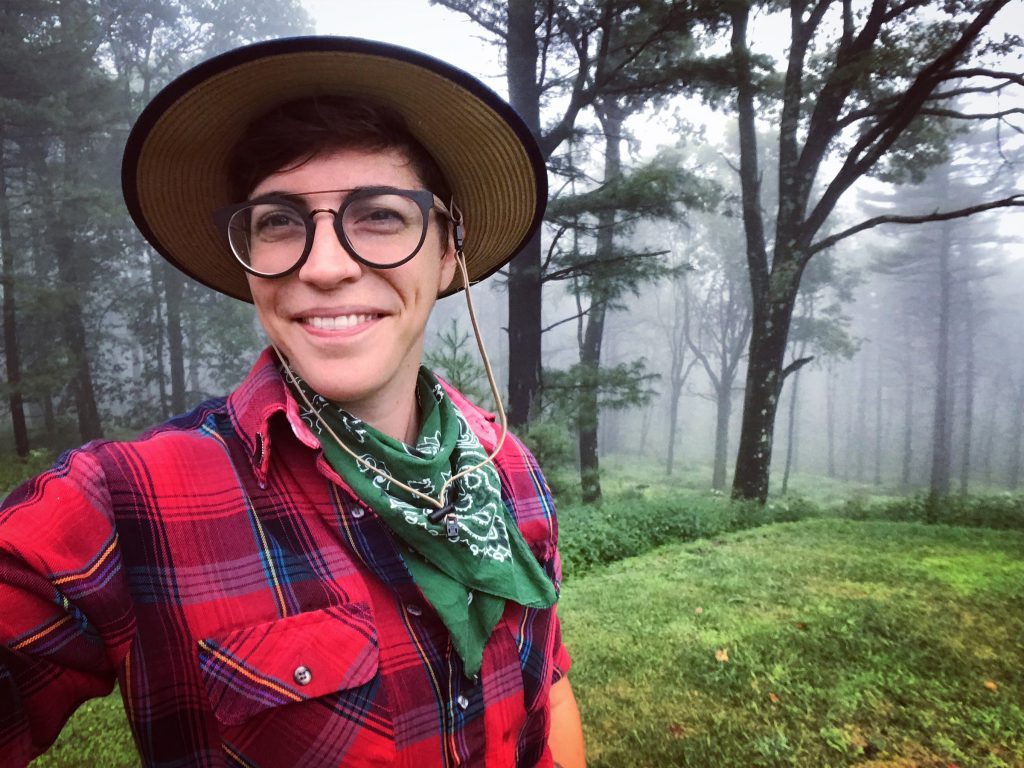
Kristi Allen coordinates the Pennsylvania Plant Conservation Network part of the Pennsylvania Department of Conservation and Natural Resource’s Bureau of Forestry.
“Coordinating volunteers to get out there, folks that are deeply invested in the conservation of plants, seeing them come out and be excited about working outside for the day, everyone always has a smile on their face,” Allen says proudly. “We’re trying to focus on rare, threatened and endangered species.”
Help from volunteers saves plants
It’s about bringing people together, she adds of her job. “If you can make conservation work fun, people are going to want to do it,” she says.
It’s education that’s a big part of what she does, teaching gardeners to be good consumers and especially knowing where the plants at the local nursery are sourced.
“One of the biggest things somebody can do is to understand what native plants are and know the difference between invasive plants and native plants,” Allen says. “Garden centers will sell invasives which will escape cultivation and go out into the wild and compete with the native plants we have in Pennsylvania.”
What is a native plant?
There are many definitions of what a native plant is, but Allen says in general, it’s a plant that was growing in an area before European colonization. As weather patterns change though, that characterization can be tricky.
“There are plants that have become naturalized and certainly as the climate is changing and plants are migrating, we’re having to revisit some of those definitions,” Allen says. “As plants are moving, they are becoming native to our environment.”
Success stories
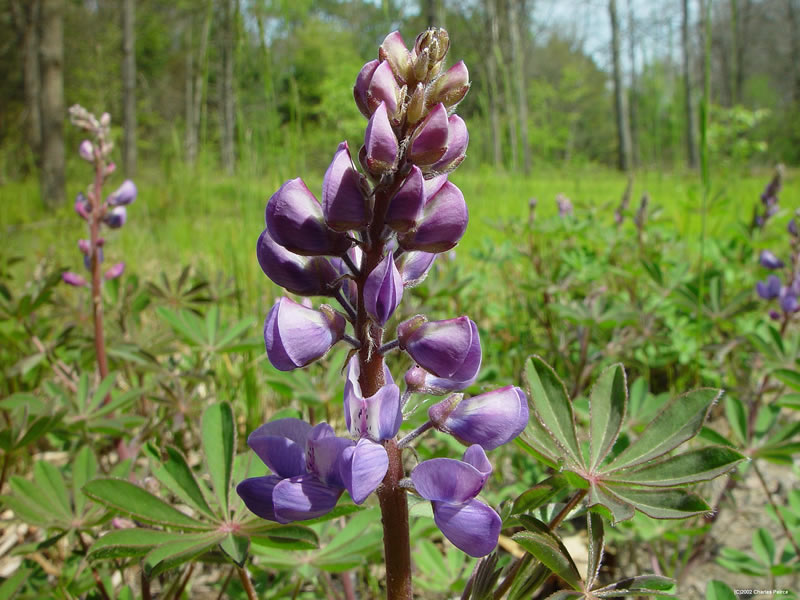
Wild lupines (Lupinus perennis).
Allen is making a difference with the help of others.
“In the past year we have made great efforts in protecting glade spurge (Euphorbia purpurea),” Allen says happily. “In one day we were able to protect the largest population in the state through volunteer efforts.”
Deer love to browse on the plant, so the plants were fenced off. She added that her team monitors the area for the emergence of invasives.
Another plant on the decline is wild lupines (Lupinus perennis).
“To me, that’s a real charismatic species, one I really enjoy,” Allen says.
She is always anxious to hear from landowners who know they have a rare plant like the lupine and other endangered or threatened species.
Another part of conservation is leaving native populations intact and letting the experts figure out what’s next for them.
“Don’t dig up wild plants,” Allen warns.
It’s not creating habitat — that’s moving habitat and unless done right, plants could have a high mortality rate.
You can make a difference
One thing people can do to help these plants is get involved, she adds. Places like the Audubon Center for Native Plants and the Western Pennsylvania Conservancy are good places to start.
Allen’s excitement for protecting and helping natives is infectious.
“I have an interest and a love for plants and conservation,” she says. “I love people and I love being outside. Anybody can get involved; anybody can be a conservationist, a protector of nature.
Talk about natives
The Pennsylvania Plant Conservation Network will hold a public stakeholder meeting from 10 a.m. to 2 p.m. March 27 as part of the Pennsylvania Rare Plant Forum.
The meeting will be held at the:
Penn State Beaver Campus
Student Union Building, Room 16
100 University Drive
Monaca, PA 15061
Attendees are asked to register for the meeting in advance.
Attendees will learn about network developments and engage in a conversation about how to get involved.
During this meeting, stakeholders can share their ongoing or proposed rare plant stewardship projects with the group.
Contact Kristi Allen by Feb. 28 if you would like to give a brief (5-10 minute) presentation about your project proposal.
More resources: Pennsylvania Natural Heritage Program.
Doug Oster is editor of Everybody Gardens, a website operated by 535Media, LLC. Reach him at 412-965-3278 or doster@535mediallc.com. See other stories, videos, blogs, tips and more at everybodygardens.com.
More from Everybody Gardens
Rare native orchid helped by Longwood Gardens and DCNR.
10 rare, endangered or threatened plants in PA.
